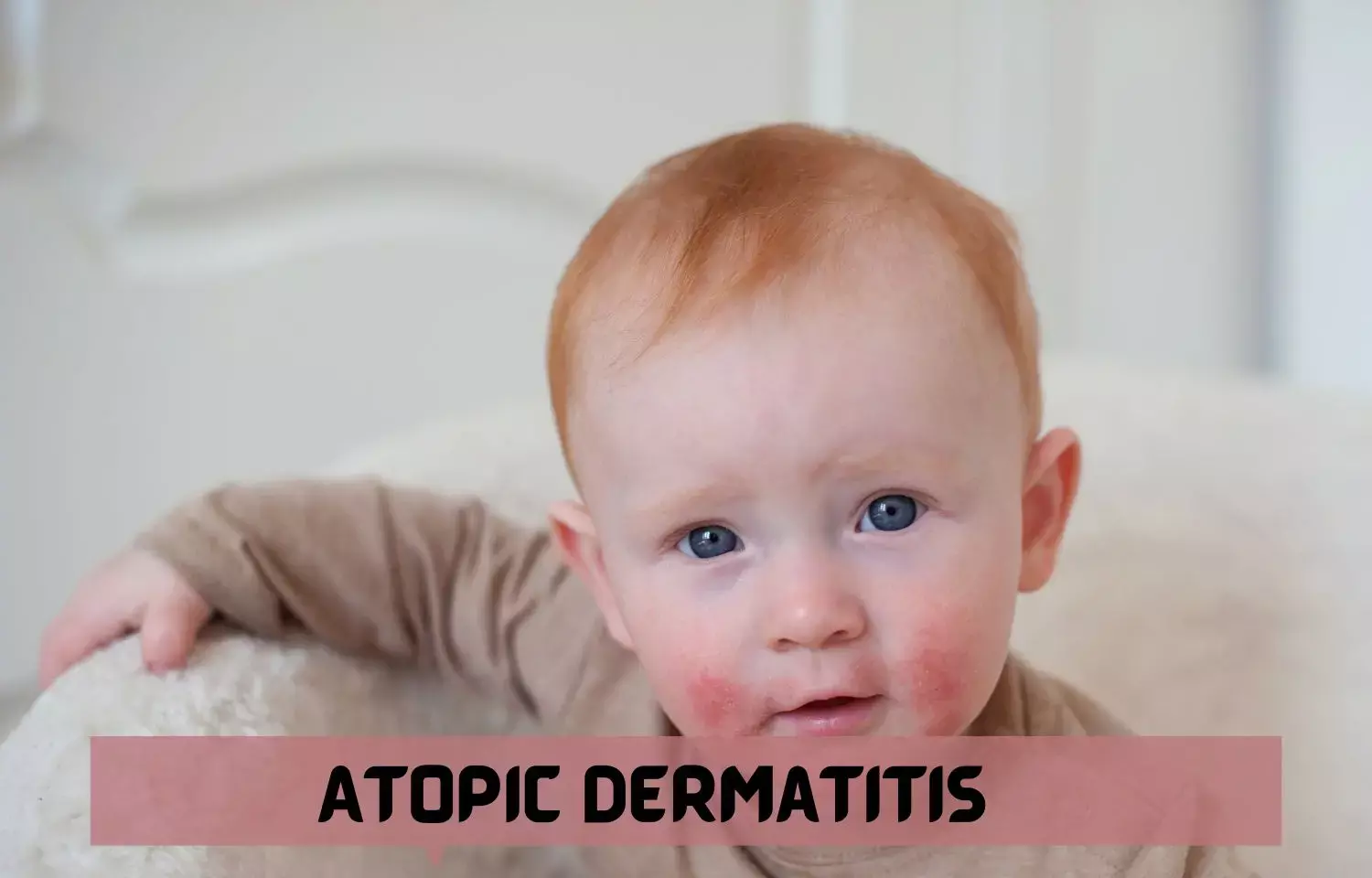- Home
- Medical news & Guidelines
- Anesthesiology
- Cardiology and CTVS
- Critical Care
- Dentistry
- Dermatology
- Diabetes and Endocrinology
- ENT
- Gastroenterology
- Medicine
- Nephrology
- Neurology
- Obstretics-Gynaecology
- Oncology
- Ophthalmology
- Orthopaedics
- Pediatrics-Neonatology
- Psychiatry
- Pulmonology
- Radiology
- Surgery
- Urology
- Laboratory Medicine
- Diet
- Nursing
- Paramedical
- Physiotherapy
- Health news
- Fact Check
- Bone Health Fact Check
- Brain Health Fact Check
- Cancer Related Fact Check
- Child Care Fact Check
- Dental and oral health fact check
- Diabetes and metabolic health fact check
- Diet and Nutrition Fact Check
- Eye and ENT Care Fact Check
- Fitness fact check
- Gut health fact check
- Heart health fact check
- Kidney health fact check
- Medical education fact check
- Men's health fact check
- Respiratory fact check
- Skin and hair care fact check
- Vaccine and Immunization fact check
- Women's health fact check
- AYUSH
- State News
- Andaman and Nicobar Islands
- Andhra Pradesh
- Arunachal Pradesh
- Assam
- Bihar
- Chandigarh
- Chattisgarh
- Dadra and Nagar Haveli
- Daman and Diu
- Delhi
- Goa
- Gujarat
- Haryana
- Himachal Pradesh
- Jammu & Kashmir
- Jharkhand
- Karnataka
- Kerala
- Ladakh
- Lakshadweep
- Madhya Pradesh
- Maharashtra
- Manipur
- Meghalaya
- Mizoram
- Nagaland
- Odisha
- Puducherry
- Punjab
- Rajasthan
- Sikkim
- Tamil Nadu
- Telangana
- Tripura
- Uttar Pradesh
- Uttrakhand
- West Bengal
- Medical Education
- Industry
Sublingual immunotherapy reduces further allergies in children with atopic dermatitis: Study

In a new study conducted by Minju Kim and team, it was found that in children with atopic dermatitis who were also sensitive to dust mites, sublingual immunotherapy reduced disease severity and shielded against the development of new sensitivities. The findings of this study were published in Acta Paediatrica.
The purpose of this research was to assess the effectiveness of sublingual immunotherapy for children with atopic dermatitis and house dust mite allergies who were 5 to 17 years old. In this open-label, controlled, randomized experiment, which took place between June 2015 and February 2018, 60 participants from a South Korean allergy center of expertise participated. The other half comprised the control group, whereas the first half had sublingual immunotherapy for a full year. Specialist ratings, particularly immunoglobulin, and skin-prick tests were used to examine the participants.
The key findings of this study were as follow:
1. The mean score for Atopic Dermatitis values in the sublingual group substantially decreased from baseline (30.2±10.7) to three months (20.7±8.5), and the benefits sustained at twelve months (21.5±12.4).
2. The only significant change between baseline (30.4±11.9) and 12 months (24.3±10.2) was only seen in the control group.
3. From baseline (0.6±0.5) to 12 months (1.0±0.7), the levels of Dermatophagoides farina-specific immunoglobulin G4 significantly increased in the treatment group, but there were no significant changes in the control group.
4. Between baseline and 12 months, the sublingual group (21.4%) had substantially fewer new sensitizations to two or more allergens than controls (54.2%).
In conclusion, in terms of safety, the findings of this meta-analysis revealed that JAK inhibitor users were more likely to contract herpes zoster than those in the placebo-controlled group. JAK inhibitors' immunomodulatory qualities have also sparked worries about a higher risk of cancer.
Reference:
Kim, M., Lee, E., Yoon, J., Jung, S., Song, K. B., Choi, E. J., Kim, J., & Yu, J. (2022). Sublingual immunotherapy may be effective in reducing house dust mite allergies in children with atopic dermatitis. In Acta Paediatrica. Wiley. https://doi.org/10.1111/apa.16496
Neuroscience Masters graduate
Jacinthlyn Sylvia, a Neuroscience Master's graduate from Chennai has worked extensively in deciphering the neurobiology of cognition and motor control in aging. She also has spread-out exposure to Neurosurgery from her Bachelor’s. She is currently involved in active Neuro-Oncology research. She is an upcoming neuroscientist with a fiery passion for writing. Her news cover at Medical Dialogues feature recent discoveries and updates from the healthcare and biomedical research fields. She can be reached at editorial@medicaldialogues.in
Dr Kamal Kant Kohli-MBBS, DTCD- a chest specialist with more than 30 years of practice and a flair for writing clinical articles, Dr Kamal Kant Kohli joined Medical Dialogues as a Chief Editor of Medical News. Besides writing articles, as an editor, he proofreads and verifies all the medical content published on Medical Dialogues including those coming from journals, studies,medical conferences,guidelines etc. Email: drkohli@medicaldialogues.in. Contact no. 011-43720751


